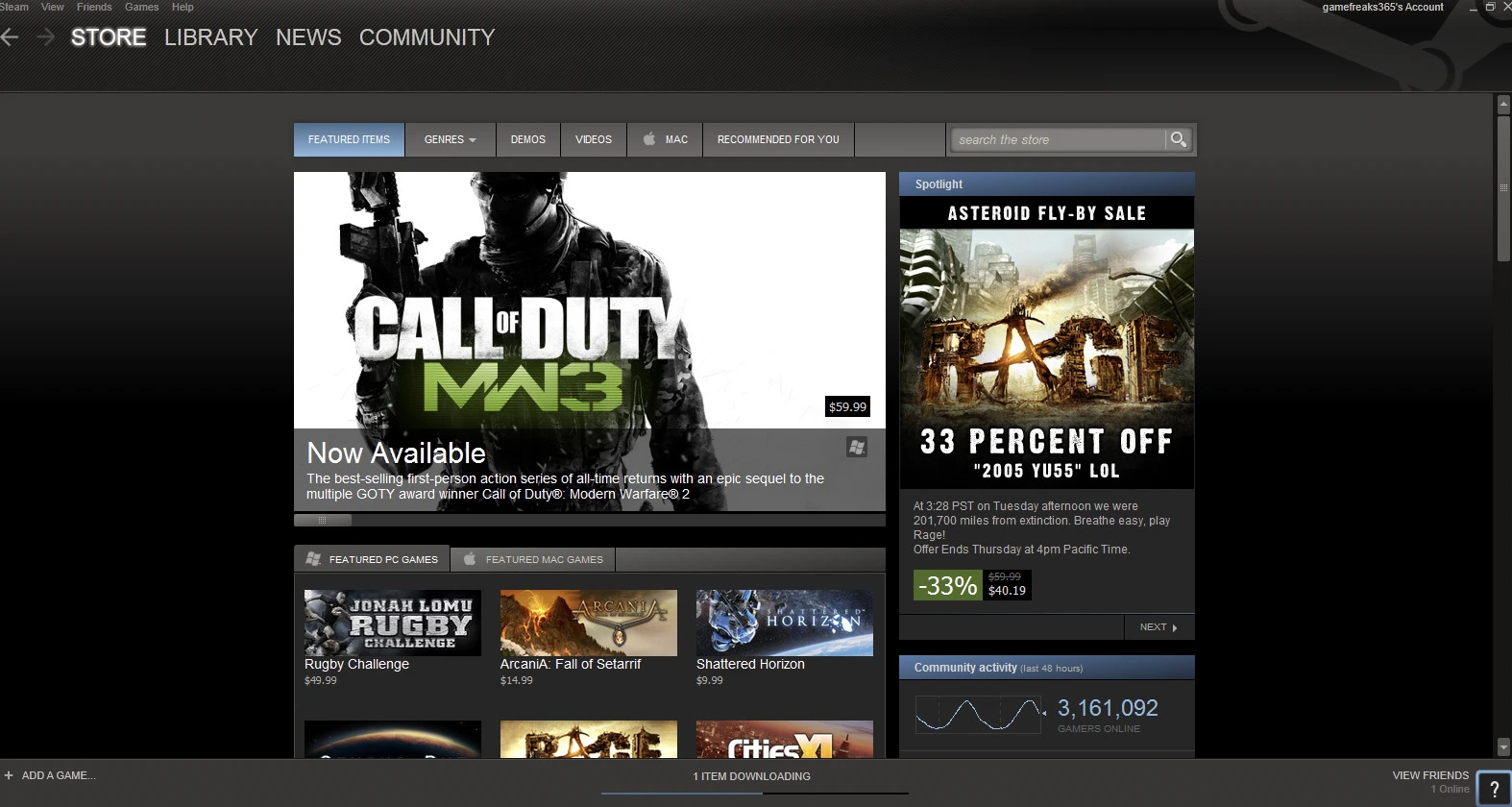
Image by gamefreaks 365, from Flickr
Valve Blocks ‘Watch Ads To Play’ Models On Steam
Valve has reinforced its stance against advertising-based business models on Steam, making it clear that forced in-game advertisements, commonly seen in mobile games, will not be allowed on the platform.
In a Rush? Here are the Quick Facts!
- Developers cannot require players to watch ads for rewards or game access.
- Product placement and cross-promotions are allowed if they are non-disruptive.
- Valve has also banned NFTs, crypto games, and undisclosed generative AI use.
The update, which was recently highlighted in Steam’s developer guidelines, ensures that players won’t have to watch ads to access gameplay features, as first reported by Gaming On Linux.
The clarification appears in a newly dedicated section of the Steamworks documentation, where Valve explicitly states that paid advertising cannot be used as a core business model.
While elements like real-world product placement and cross-promotions between games remain permissible, developers cannot require players to watch ads to unlock content or progress in a game.
The new rules state that developers must not implement paid advertising as a way to provide value to players. This includes rewards for watching ads or locking gameplay behind ad interactions.
Additionally, developers are prohibited from charging other studios for access to Steam’s promotional features, such as store pages or bundles.
SteamDB on Bluesky noted that while the advertising policy page is new, the rule isn’t. Valve has banned these in-game ads for at least five years, as shown on its pricing policy page.
Valve has created a dedicated page describing that in-game ads or ad-based revenue models are not allowed in Steam games.
This has been reported as a new policy, but this has been the case for at least 5 years as seen on the pricing page, there just wasn’t a separate page.
— SteamDB (@steamdb.info) 10 February 2025 at 07:43
The ban specifically targets monetization models that have become widespread in mobile gaming. Many free-to-play mobile titles require players to watch ads to continue playing, receive in-game rewards, or access certain features. Valve’s update ensures that this practice won’t extend to Steam’s ecosystem.
However, the rule does not prevent developers from promoting their own games within their titles. Ads for other games from the same developer remain acceptable as long as they do not interfere with gameplay or force player interaction.
This move is the latest in a series of consumer-friendly decisions by Valve.
In recent years, the company has introduced policies requiring developers to disclose kernel-level anti-cheat software, increased transparency for Early Access titles, and implemented a more structured Season Pass system, including refund policies for missing DLC content.
By maintaining a strict stance against intrusive advertising, Valve continues to differentiate Steam from other digital storefronts. The update reassures players that Steam remains a premium gaming platform free from the ad-driven monetization strategies common in mobile gaming.


 Previous Story
Previous Story

 Latest articles
Latest articles 

Leave a Comment
Cancel